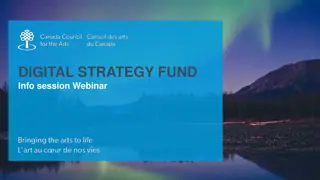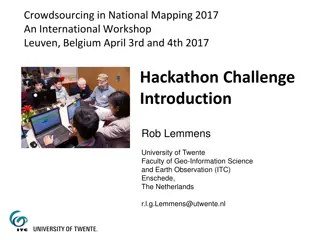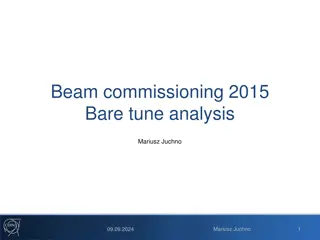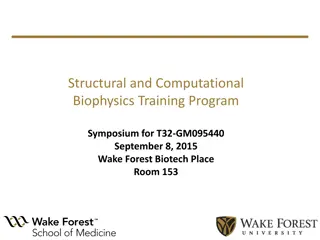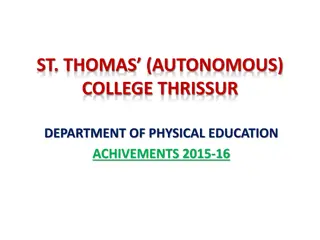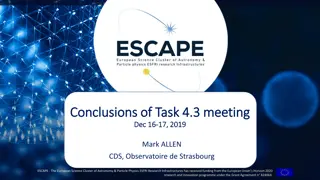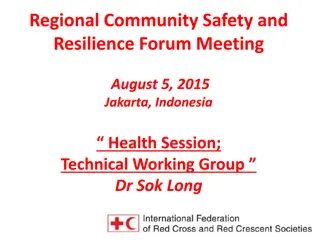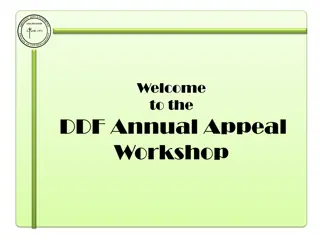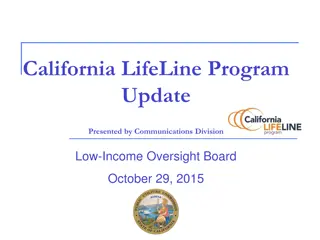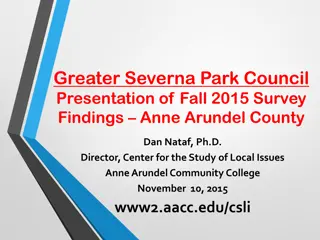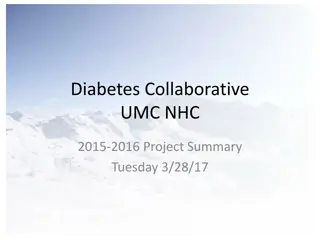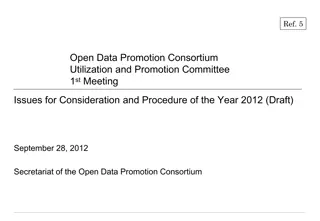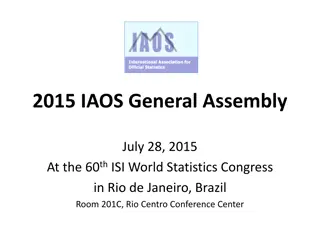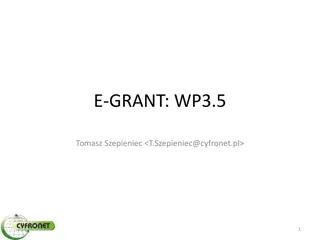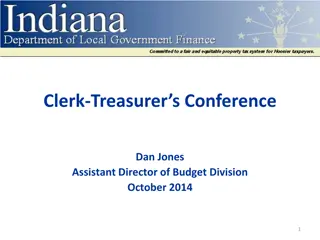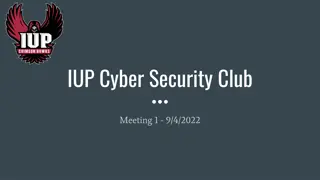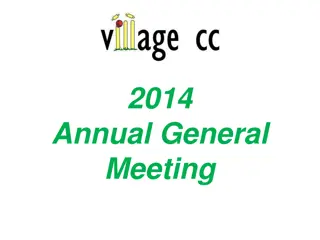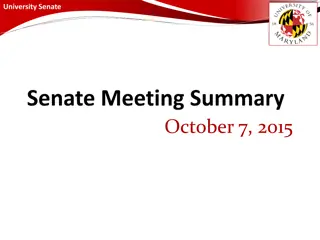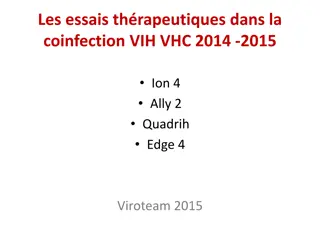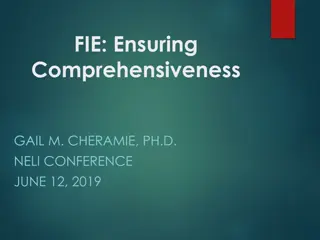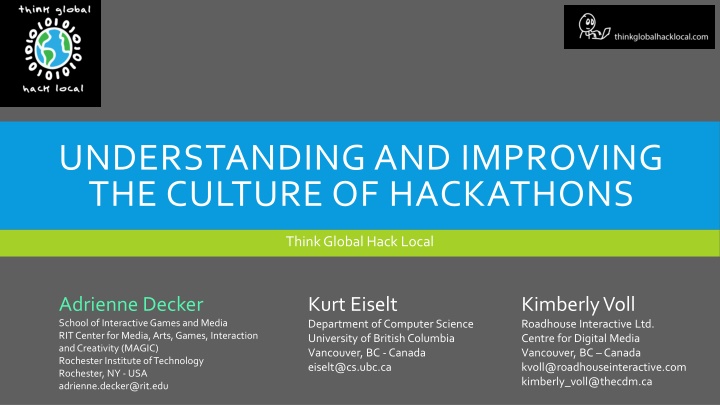
Improving Hackathon Culture: Insights and Recommendations
Explore the culture of hackathons, highlighting the positives and negatives, along with a case study on the Think Global Hack Local initiative. Learn about the format of hackathon events and ways to enhance collaboration and innovation in these coding events.
Download Presentation

Please find below an Image/Link to download the presentation.
The content on the website is provided AS IS for your information and personal use only. It may not be sold, licensed, or shared on other websites without obtaining consent from the author. If you encounter any issues during the download, it is possible that the publisher has removed the file from their server.
You are allowed to download the files provided on this website for personal or commercial use, subject to the condition that they are used lawfully. All files are the property of their respective owners.
The content on the website is provided AS IS for your information and personal use only. It may not be sold, licensed, or shared on other websites without obtaining consent from the author.
E N D
Presentation Transcript
UNDERSTANDING AND IMPROVING THE CULTURE OF HACKATHONS Think Global Hack Local Adrienne Decker School of Interactive Games and Media RIT Center for Media, Arts, Games, Interaction and Creativity (MAGIC) Rochester Institute of Technology Rochester, NY - USA adrienne.decker@rit.edu Kurt Eiselt Department of Computer Science University of British Columbia Vancouver, BC - Canada eiselt@cs.ubc.ca Kimberly Voll Roadhouse Interactive Ltd. Centre for Digital Media Vancouver, BC Canada kvoll@roadhouseinteractive.com kimberly_voll@thecdm.ca
HACKATHONS AND GAME JAMS Concentrated coding events of short duration that are aimed to complete something in that short time Try a new technology Complete a game Complete a product for a client
HACKATHONS: POSITIVES Improving or acquiring programming skills Academic hacking (at conferences and workshops) Spending a brief but fun and immersive time with like-minded people Taking a non-trivial project from beginning to completion in a short time Competition and prizes (sometimes) Agile prototyping environment Direct contact with potential employers (sometimes) Civic hacking
HACKATHONS: NEGATIVES They can foster a competitive, male-oriented programming culture Global Game Jam 2013 (only 12.5% female) They can encourage poor software development practices Develop an entire project in 48 hours? They can reinforce the "nerd" 0r geek stereotype Pay no attention to personal hygiene, stay up all night, working and talking about code the whole time
THINK GLOBAL HACK LOCAL (TGHL) Hackathons common at UBC Need in community from UBC s CPSC 319 (Software Engineering Project) Non-competitive Amplify collaboration Students were able to fill the needs present in the community Students were open to the challenge Students would be intrinsically motivated to help the community
THINK GLOBAL HACK LOCAL FORMAT Friday evening Overview of event, structure, themes Client pitches Dinner while chatting with clients Students chose projects Students could begin work after teams were formed Saturday Work Day (interrupted by meals) Clients dropped by to chat with teams Sunday Morning/Early Afternoon Work to finish up projects Sunday (around 4pm) Team demonstrations of products Clients gave final wrap-up Throughout: mentors dropped in to help teams at different stages of development to offer advice and assistance.
TGHL DEMOGRAPHICS TGHL 1 (March 2013) 5 projects for 5 clients 35 participants (35% female) 23 first time hackathon participants, 6 veteran hackathon participants TGHL 2 (October 2013) 8 projects for 7 clients 65 participants (30% female) 40 first time hackathon participants, 7 veteran hackathon participants
GENERAL OBSERVATIONS The atmosphere was fun, excited and energized. Plenty of collaboration was observed during the events. No competitive behaviors observed The structure and expectations did not encourage crunch. Students mentored around scope and realistic planning for the weekend. In fact, on the first night after project teams were created, many participants chose to go home and get a good night's sleep and return the next morning to start work.
PARTICIPANT FEEDBACK WHAT MADE YOU DECIDE TO ATTEND? Responses were coded into categories: Student desire to learn, gain experience, try new things (18%, 40%) Student desire to help non-profits, do something good for the community, work on impactful projects, solve real- world problems (28%, 19%) Student desire to be part of the social group either because friends encouraged them to attend, friends were attending, or to come to know their peers better (18%, 25%)
PARTICIPANT FEEDBACK - WHAT ASPECT DO YOU LIKE THE MOST? Personal and social aspect of the events, which included one s team as well as the others at the events. (34% and 43% of responses) Real world projects and community aspect of the events. (38% and 17% of responses) Sample responses Collaborating with and learning from each other Getting lots done, realizing I know more about web dev than I thought The non-competitive positive environment Learned a lot. Also feel really fulfilled when finally done (especially it's for the community) Working on a problem that has real world applications Coding with awesome people and learning new stuff
CLIENT FEEDBACK All of the clients at both events were first-time participants in a hackathon. TGHL1, all of the clients indicated that they would definitely be likely to participate in a community hackathon again. TGHL 2, 6 of the 8 clients indicated they would definitely be likely to participate again, while 2 indicated that they were simply likely to participate.
CLIENT COMMENTS (WHY WOULD THEY PARTICIPATE AGAIN) Wonderful opportunity to support student learning and community partners The students are amazing to work with Really fun, great team building exercise, good cause connecting with young, smart people Great fun. Great students. Reminds me of my misspent youth How amazing all of these people were
CLIENT SATISFACTION The team really went above and beyond in taking my ideas and running with them. They were able to create and visualize something that has only existed in my head as a concept. From our community, we will involve more. This is fantastic; we got more results than we expected! Well done. I am really happy with what my team accomplished.
CONCLUSIONS Non-competitive atmosphere achieved Showed students the social relevance of computing Social environment was considered positive by participants Clients simply fell in love with the students
CHALLENGES FOR THE FUTURE Food 63% of surveys mentioned food in some way Post-hackathon problem Follow-through Installation of software Changes/improvements Extend the passion beyond the weekend
ACKNOWLEDGMENTS Facebook UBC's Centre for Community Engaged Learning UBC's Faculty of Science The Centre for Digital Media UBC's Department of Computer Science Michele Ng
TGHL CLIENTS TGHL 1: Burnaby School Board, BC Cancer Agency, SelfDesign/PCRS, PeerNetBC, and Delta Youth Orchestra TGHL 2: BC Centre for Employment Excellence, Neil Squire Society, BC Association of Family Resource Programs, Sunshine Coast Botanical Garden Society, UBC Department of Medicine, Writer's Exchange and Climb and Conquer Society Canada

